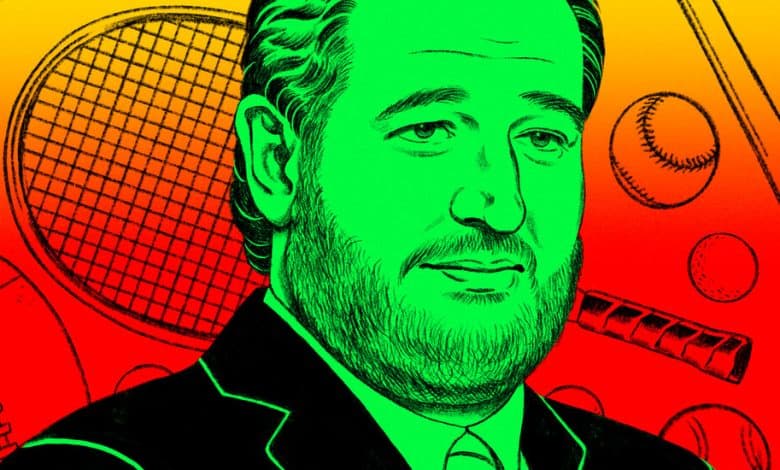Ted Cruz Has Some Strong Opinions About College Sports

College sports bring in billions of dollars in revenue every year, but until very recently virtually none of it went to athletes. In 2021, the Supreme Court ruled in N.C.A.A. v. Alston that student athletes should be able to profit from their names, images or likenesses, known as NIL. As Justice Brett Kavanaugh noted in a concurring opinion, the N.C.A.A.’s policies against permitting athletes to profit from their labor could be considered a violation of antitrust laws, writing, “Nowhere else in America can businesses get away with agreeing not to pay their workers a fair-market rate on the theory that their product is defined by not paying their workers a fair-market rate.” Since then, in practice, NIL has included two common types of compensation: endorsement deals for athletes, but also more direct payments, which usually come from college-affiliated collectives supported by donors in exchange for appearances at events, social media posts or other promotion.
But some coaches and observers have raised concerns about players participating in a potential Wild West of big paydays and constant transfers that could put smaller programs at risk. The N.C.A.A. has also agreed to a settlement that likely will eventually result in billions of dollars going to athletes who sued over not receiving compensation for NIL use on television, and in the start of a revenue-sharing model that would, in the future, pay athletes directly. That settlement, which is not yet finalized, will likely change college sports, but many questions about the details of that future remain unclear.
Senator Ted Cruz, the Texas Republican, has been trying to help create a solution for college sports. I spoke with him about why he believes preserving competitiveness in college sports is a job for the federal government. “Well, there’s a difference between a conservative and an anarchist,” he told me.
This interview has been edited for length and clarity and is part of an Opinion Q. and A. series exploring modern conservatism today, its influence in society and politics, and how and why it differs (and doesn’t) from the conservative movement that most Americans thought they knew.
Jane Coaston: So let’s start with some of the basics. In 2021, the Supreme Court allowed, in practical terms, college athletes to accept endorsement deals for certain types of income. What’s been good about NIL and what’s been bad?
Senator Ted Cruz: Well, I’m glad the Supreme Court did that. I think it is a much better and more fair system. Athletes spend thousands and thousands of hours developing incredible skills, and in many instances those athletes produce millions and millions of dollars for universities, for conferences. And it is only fair that the men and women who work so hard to develop those skills be able to enjoy the benefits.